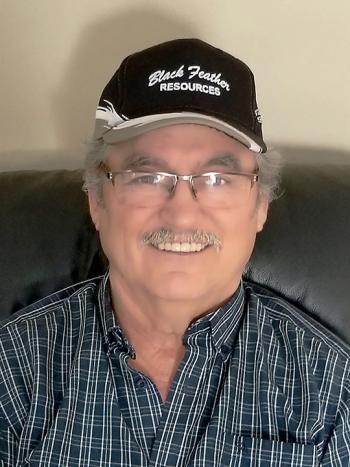Image Caption
Summary
Windspeaker.com Contributor
If Wayne Cunningham wants his name to appear on a ballot for chief or councillor of his First Nation, he will have to take legal action.
The Sucker Creek First Nation member was told he could not seek a seat in the last election in November 2018 because he didn’t live in the community. Cunningham resides in Joussard, Alta., five kilometres from the reserve.
The band’s Customary Election Regulations state only those living on reserve are eligible to seek a seat as chief or councillor and only those living on reserve can vote. It also states that all members of council must reside on the reserve during their term in office.
All three of those requirements have been struck down by numerous court rulings over the decades that say the on-reserve requirements violate Section 15 of the Charter of Rights and Freedoms.
In 1999, the Supreme Court of Canada said in the Corbiere decision that off-reserve band members were eligible to vote. In 2007, the Esquega decision said that members living off-reserve were eligible to run for band office. In 2018, in a case launched by a councillor for the Bigstone Cree Nation, a federal court judge ruled that chief and council did not have to live on-reserve.
Cunningham argued all these court cases, both when he had his $200 application fee and nomination form for chief returned to him, and at the subsequent appeal hearing following the 2018 election. But his appeal was denied.
“While the appeal committee is sympathetic to the core issue of off-reserve eligibility to run for office in the Sucker Creek First Nation elections, we feel it is not the appeal committee’s mandate to capriciously redefine the election regulations to deal with this matter,” wrote the nine-member appeal committee in its decision.
He may live off-reserve, said Cunningham, but he’s actively involved in his First Nation, attending council meetings and hiring band members to work for his company, Black Feathers Resources, which operates on-reserve. His decision to run for chief wasn’t made lightly. Concerns over how the band’s finances were being depleted and lack of accountability and transparency, he said, forced his hand.
In a telephone conversation with Chief Electoral Officer Lawrence Lewis, Cunningham said he was given the go-ahead to run. However, when he submitted his nomination form for chief, which included the required two nominators, it was returned and he received a letter from Lewis saying he did not meet residency requirements.
“I brought it to the Elders Committee, because the Elders Committee is part of the election process. I said at that time I wanted the opportunity to be nominated and have band members democratically decide on their leaders,” said Cunningham.
He got no response from the Elders Committee and the vote went ahead without his name on the ballot.
Cunningham points out that members living off-reserve were able to vote, despite the clause in the band’s Customary Election Regulations stating that an elector must be 18 years of age and a “resident on reserve.”
The Sucker Creek First Nation has run its elections under a custom code electoral system since 1997 when it chose to opt out of Section 74, the elections provisions of the Indian Act.
However, in order to opt out of Section 74, Indigenous Services Canada (formerly part of Indigenous and Northern Affairs Canada) must ensure bands follow criteria that is “consistent with the Charter of Rights and Freedoms,” according to the department’s Conversion to Community Election System policy.
Draft custom codes submitted to Indigenous Services that are deemed non-compliant are returned to First Nations with comments and suggestions to assist in revising the code to meet the criteria, said William Olscamp, spokesperson for Indigenous Services Canada (ISC).
Once election custom codes are approved by the minister and then approved by the band’s membership, they may be amended without ISC involvement.
“The department does not review all existing custom code electoral systems, including amended custom codes,” said Olscamp.
“Resolution of election appeals in the absence of an appeals mechanism would be decided by the courts,” he said.
Cunningham has spoken to a lawyer and is now considering a judicial review, something that could run him from $10,000 to $20,000.
“If the current chief and council force the matter to be heard, they would be irresponsible spending band funds which could be used elsewhere,” Cunningham said, noting that legal precedent has already been set.
Neither re-elected Chief Jim Badger nor Lewis responded to Windspeaker.com’s request for interviews.

